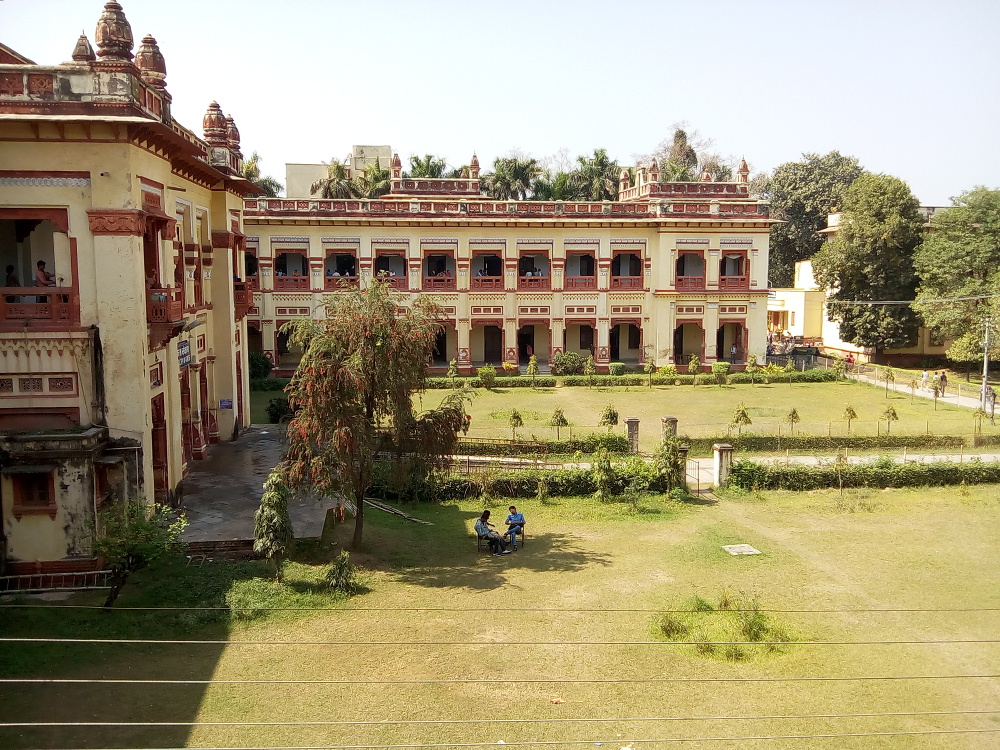
The University Grants Commission (UGC) has taken a decision that may reduce the number of reserved seats for faculty appointments in universities. The decision, according to a report published in The Indian Express, is waiting for “concurrence” from the Ministry of Human Resource Development.
The UGC took the decision after the Allahabad High Court cancelled appointments for 400 faculty positions in Banaras Hindu University (BHU) after a writ petition was submitted in the court. The court directed universities to treat each department as a “unit” for counting the number of reserved posts, instead of treating the entire university as one unit. The judgement came out in April earlier this year. Following this, the UGC’s Standing Committee, examined ten judgements, and in November, resolved that “the number of reserved faculty posts shall be calculated department-wise and not based on the aggregate posts in a university,” The Indian Express reported.
P S Krishnan, who is a former secretary to the central government and who has worked for many years in the field of social justice, told The Indian Express, “Take professors, for instance. There are fewer professors in a department compared to assistant professors. If a department has only one professor, there can be no reserved posts there as reservation cannot be applied in case of a single post. But if all posts of professors across different departments are clubbed together, then, naturally, there is a better chance of positions being set aside for SC, ST, and OBC (candidates)”. According to a UGC circular published on 23 March, 2016, reservation for teaching and non-teaching positions stands at 15% for Scheduled Castes (SCs), 7.5 % for Scheduled Tribes (STs), and 27% for Other Backward Classes (OBCs) in all central universities.
Saitya Brata Das, who teaches at the Centre for English Studies at Jawaharlal Nehru University, said, “I think this is completely a regressive, though not surprising, attempt. The order of the world is now ruled by the combined forces of Brahminism and meritocracy that comes from the extreme form of capitalism. Both refuse to engage with the question of social justice and social equality. There is a subordination of the ethical question of social justice into the politico-legal framework. Thus Ambedkar, even though he used the constitutional framework of the law to assure equal opportunity, had its ethical idea as his sole concern. The politico-constitutional means are always to be performed in the name of ethical idea of social justice which is irreducible and unconditional. The recent attempt to amend the law undermines this ethical demand of social justice.” Das was denied a promotion earlier this year in June,




